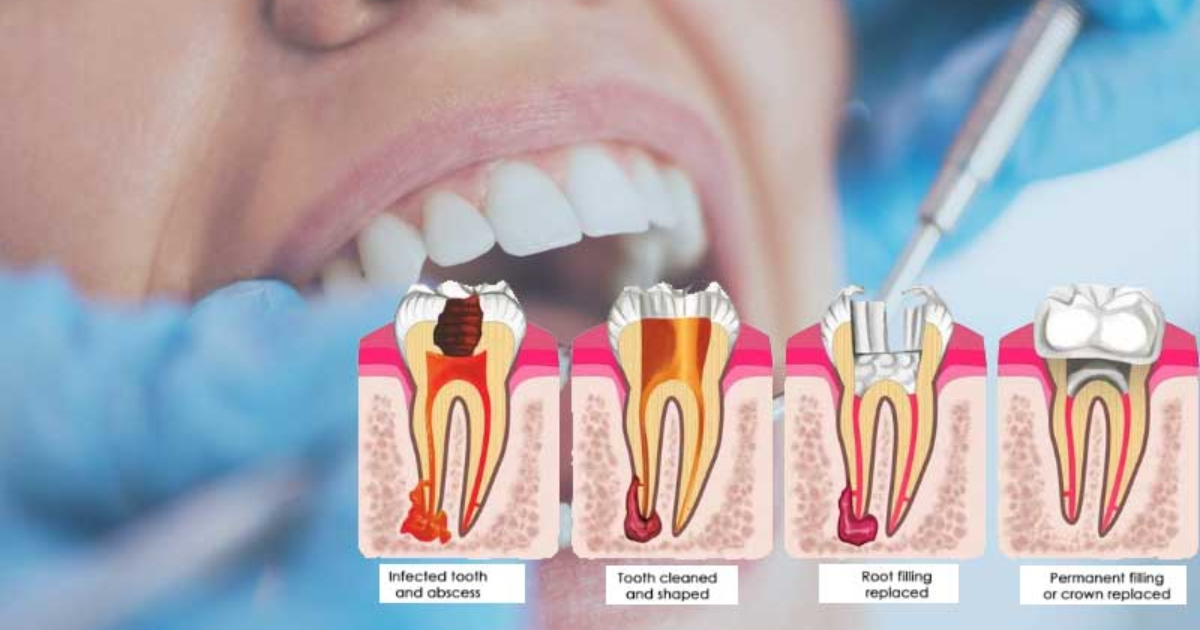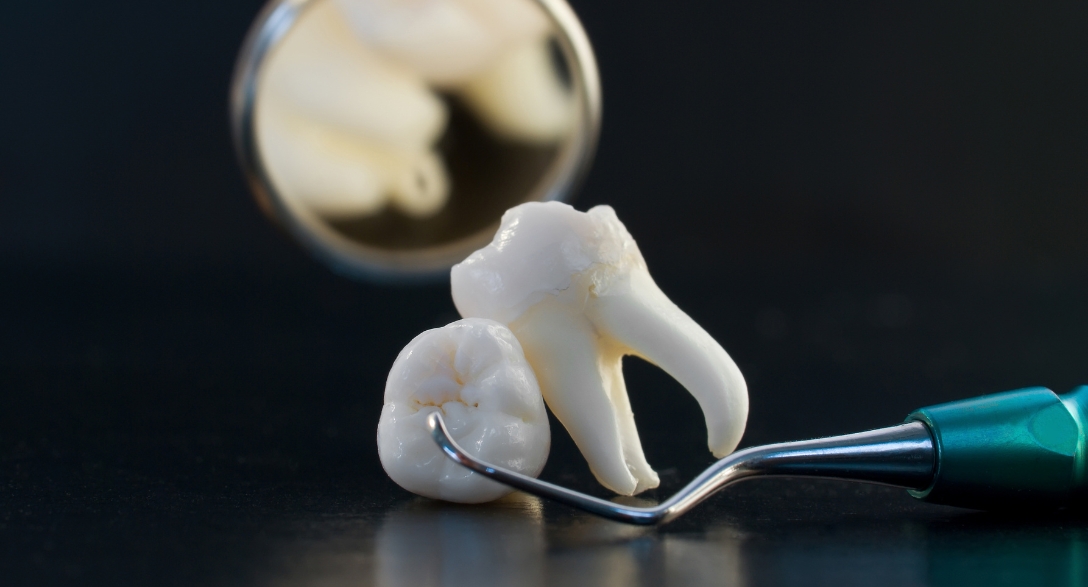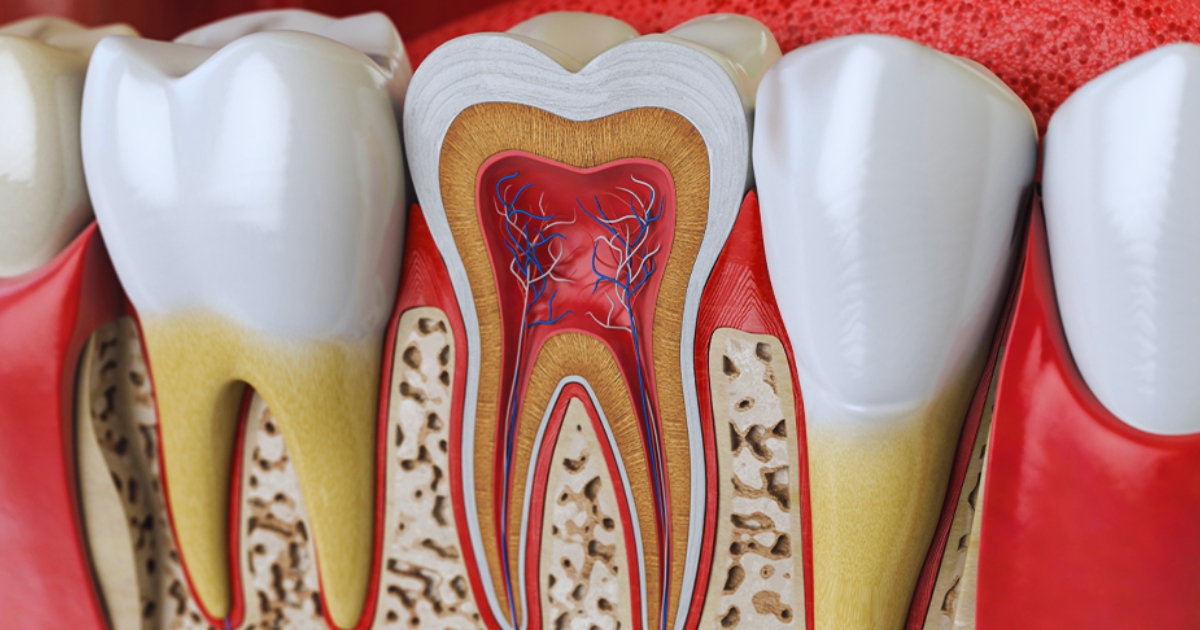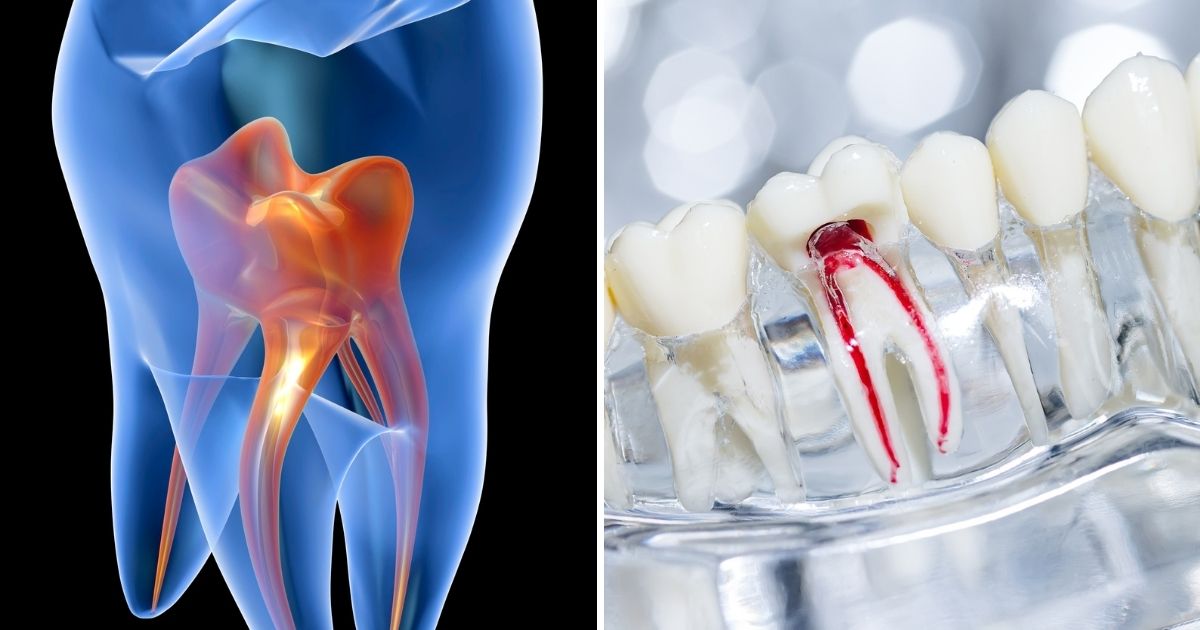Call Us Today 817-737-7668

Vital Pulp Therapy (VPT) is a crucial dental procedure designed to maintain the health of a tooth’s pulp—the soft tissue inside the tooth—when it is at risk due to decay or injury. This minimally invasive treatment helps save the affected tooth. It also plays a significant role in preventing future dental issues. Here’s a blog on how vital pulp therapy can make a difference in your long-term dental health and why it’s worth considering if you’re facing dental challenges.
Understanding Vital Pulp Therapy
Vital Pulp Therapy involves procedures aimed at preserving the vitality of the tooth’s pulp while preventing the need for more invasive treatments. The pulp contains nerves, blood vessels, and connective tissues essential for the tooth’s health and function. When the pulp becomes compromised due to decay or injury, timely intervention with VPT can prevent further damage and preserve the tooth.
Types of Vital Pulp Therapy
Indirect Pulp Capping: Used when decay is close to the pulp but has not yet affected it. A protective material is placed over the remaining dentin to promote healing and prevent further decay.
- Direct Pulp Capping: As soon as the pulp is visible, direct pulp capping is the technique used. To protect and promote healing, a biocompatible substance is applied directly over the exposed pulp.
- Pulpotomy: This procedure involves removing the pulp’s damaged portion while maintaining the healthy tissue. The pulp that is still there is covered with a barrier substance.
- Pulpectomy: This procedure entails removing all of the pulp tissue and replacing it with a biocompatible substance.
How Vital Pulp Therapy Prevent Future Dental Issues?
- Preserves Natural Teeth: By maintaining the vitality of the pulp, Vital Pulp Therapy allows you to keep your natural teeth. Preserving natural teeth avoids the need for more complex and costly dental procedures in the future, such as implants or bridges.
- Prevents Tooth Loss: Early intervention with VPT can prevent the need for tooth extraction, which could lead to gaps that might require replacement. Keeping the natural tooth in place helps maintain oral function and alignment.
- Avoids Complex Treatments: Vital Pulp Therapy can prevent the progression of pulp damage into more severe issues that require extensive treatments. By addressing problems early, you reduce the risk of needing root canals or other advanced procedures later on.
- Maintains Oral Function: Keeping the tooth healthy ensures that it continues to function properly for chewing and speaking. This is crucial for overall oral health and daily activities.
- Supports Tooth Development: In children, VPT helps in preserving primary teeth, which are essential for the proper alignment of permanent teeth. Healthy baby teeth guide the development of adult teeth and prevent future orthodontic issues.
- Reduces Risk of Infection: By treating damaged or exposed pulp before it becomes infected, VPT reduces the risk of serious infections that could spread to other parts of the mouth or body.
- Minimally Invasive: Compared to tooth extraction or extensive root canal treatments, VPT is less invasive, resulting in a quicker recovery and less discomfort for patients.
- Cost-Effective: Addressing pulp issues early with VPT can be more cost-effective than waiting for more severe problems to develop. Preventing complex treatments saves money and time in the long run.
Choosing the Right Dental Professional for Vital Pulp Therapy
Selecting a qualified and reliable dentist is crucial for the success of Vital Pulp Therapy. Here’s what to consider when choosing a provider:
- Experience and Expertise: Look for a dentist who has extensive experience in performing Vital Pulp Therapy. Their expertise will ensure the procedure is carried out effectively and with precision.
- Advanced Technology: Ensure the dental office is equipped with the latest technology for diagnosing and treating pulp issues. Advanced tools and techniques contribute to better outcomes and a smoother treatment process.
- Patient Reviews and Referrals: Check reviews from other patients and seek referrals from trusted sources. Positive feedback and recommendations can provide insights into the quality of care and patient satisfaction.
- Personalized Care: Choose a dentist who offers personalized treatment plans tailored to your specific needs. A customized approach ensures that the therapy addresses your unique dental issues effectively.
Vital Pulp Therapy is a vital procedure for preserving the health and functionality of your teeth. It prevents future dental issues and avoids more complex treatments. By opting for Adjunctive Restorative Procedures in Dallas, you ensure that you are receiving care from experts who understand the nuances of this essential treatment.
Preserving your natural teeth not only maintains oral function but also supports long-term dental health and overall well-being. If you notice signs of pulp damage, consult an endodontist in Dallas who specializes in Vital Pulp Therapy.
FAQs On Vital Pulp Therapy!
Can Vital Pulp Therapy be used in combination with other dental procedures?
Yes, Vital Pulp Therapy can be combined with other procedures, such as orthodontic treatments or fillings, depending on the overall treatment plan. This approach can address multiple dental issues simultaneously.
What role does the patient’s overall health play in the success of Vital Pulp Therapy?
The patient’s overall health, including factors like blood sugar levels and immune system status, can influence the success of Vital Pulp Therapy. A healthy immune system supports healing and reduces the risk of complications.
How does Vital Pulp Therapy affect the natural color of a tooth?
Vital Pulp Therapy generally does not alter the natural color of a tooth. However, if the tooth was discolored prior to treatment, additional cosmetic procedures may be needed to address the color issues.
Can Vital Pulp Therapy be performed on teeth with developmental anomalies, such as dens invaginatus?
Vital Pulp Therapy can be performed on teeth with developmental anomalies like dens invaginatus, but the procedure may require specialized techniques to address the unique anatomy of the tooth.
How do advancements in dental technology impact the outcomes of Vital Pulp Therapy?
Advances in dental technology, such as improved imaging techniques and biomaterials, have enhanced the outcomes of Vital Pulp Therapy. These innovations allow for more accurate diagnosis, better treatment planning, and more effective preservation of the pulp.





